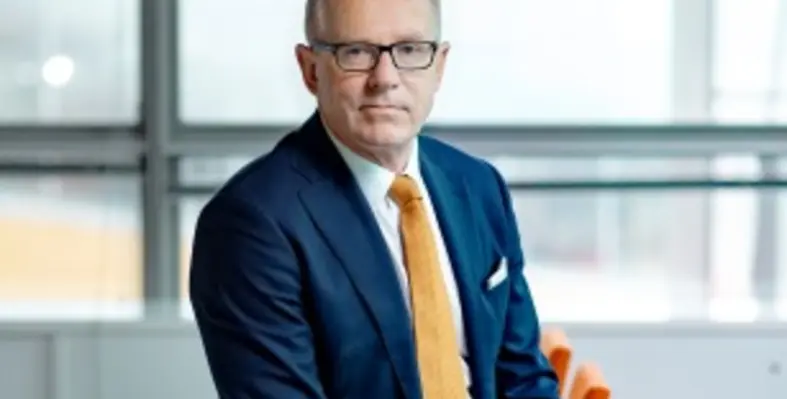Metso Outotec, a new company aiming to be a partner for positive change in the aggregates, minerals, metals refining and recycling industries, started operations on 1 July
As sustainable processing of the world?s natural resources becomes an increasing focus for industries, Metso Outotec, formed from the merger of Outotec with the minerals business of Metso, is looking to drive the transformation in sustainable minerals and metals processing and recycling technologies.
Headquartered in Finland, Metso Outotec employs more than 15,000 staff in over 50 countries and its illustrative combined sales for 2019 were around US$4.74bn, the majority of which were accounted for by the EMEA region.
The company offers customers crushing and screening equipment for the production of aggregates as well as equipment and solutions for minerals processing, metals refining, chemical processing, and metal and waste recycling. Its industry-leading service capabilities and global network are complemented with a comprehensive range of spare and wear parts, refurbishments and professional services.
Bringing together a long history of technological leadership and leveraging the strengths of both companies, Metso Outotec says the combination will offer potential for significant cross-selling and cost synergies and an even stronger platform for innovation, digital leadership and growth.
Speaking at a press conference marking the launch of the new brand, the company?s president and CEO Pekka Vauramo said, ?We are complementing each others? offerings and activities so well.?
Vauramo said the benefits to customers and other stakeholders include a full offering that ranges from ore body to metal; an extensive global services network with more than 5,000 service professionals; leadership in R&D, with a combined annual investment of R&D of US$112.80mn and solid financials.
?We see global megatrends as opportunities for the new company,? he commented, highlighting the growth of urbanisation requiring more construction and supply of aggregates; increasing demand for recycling of materials; scarcity of natural resources; and climate change driving the need to develop more efficient processes with higher recovery, better quality, reduced emissions and less water consumption.
?These are all important drivers of our future strategy, along with the circular economy and digitalisation.?
?Sustainability is an important part of the business and will continue to be one of the main drivers,? he stressed.
Transforming the industry
?We are living in a changing world in exceptional times, and we have learnt many things from these exceptional times,? Vauramo continued. ?We need to look critically at our own operations as a new company, and make sure we have a licence to operate in the future, as do our customers.
?It is our core expertise to help our?customers transform the industry,? he said. ?We offer sustainable technologies and services that reduce the consumption of energy and water by increasing process efficiency, recycling and reprocessing of tailings and waste.
?This is what we call positive change, and we want to be a partner in this positive change with our customers.?
Vauramo said the company operates a decentralised R&D model to be close to customers, has an active portfolio of 8,000 patents and launches a number of new products every year to remain technically and commercially competitive.
He added that the company will be seeking ?different types of partnerships? with its suppliers, drawing on the experiences and competencies of its suppliers to be ?successful together? in jointly developing its offerings.
Commenting on the impact of the COVID pandemic, Vauramo said it had heightened the need for remote monitoring.
?We have learned that mines can operate at least temporarily, some for a longer period of time, with reduced presence at the site. With human interaction being limited as a result of the pandemic, we see increased potential for this, as well as for other digital means to connect amongst ourselves as well as with customers.? More than 2,000 customers had participated in its recent webinars, he added.
Vauramo said that the aggregates and equipment sector had been the hardest hit by the pandemic, although it was on its way to recovery, with improvements seen in May and June. While the services and consumables business has been affected by the fact that quarries that continue to operate are often doing so at a lower capacity. The mining side however has been much less impacted, with activity continuing at a reasonably strong level throughout the second quarter of the year.







